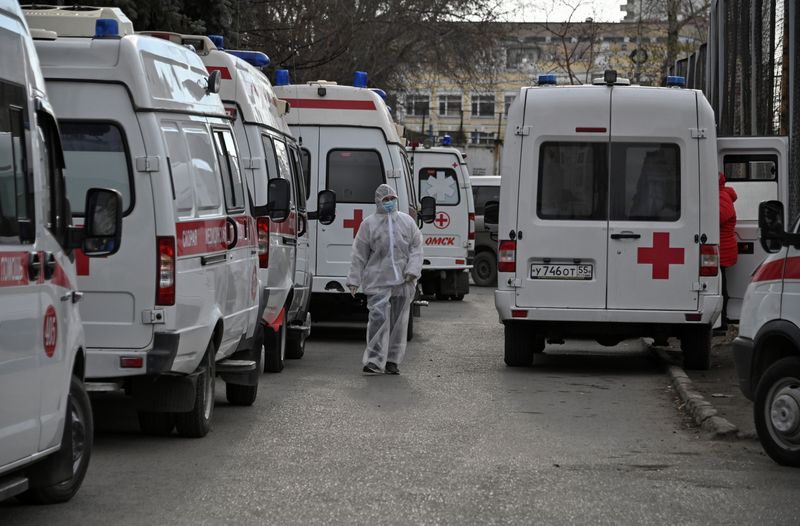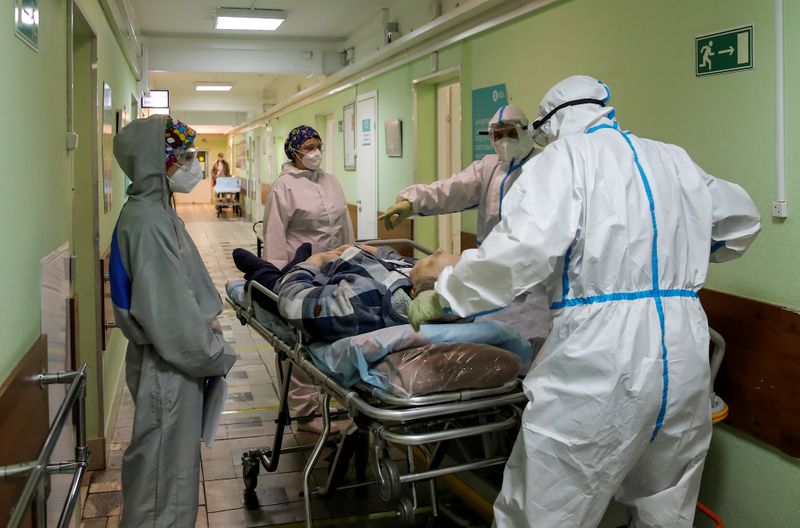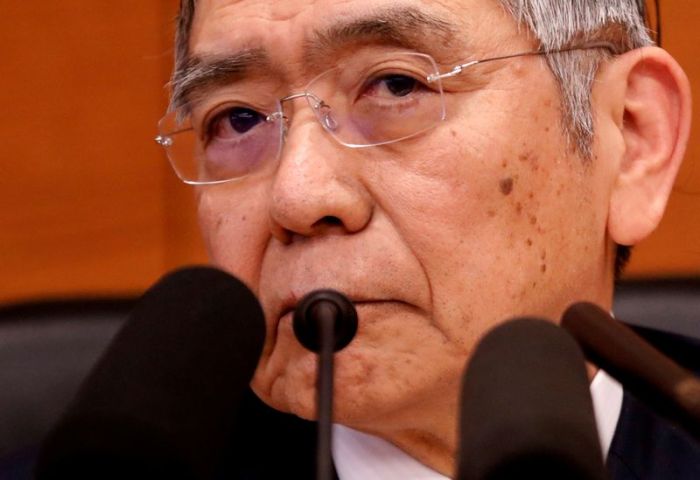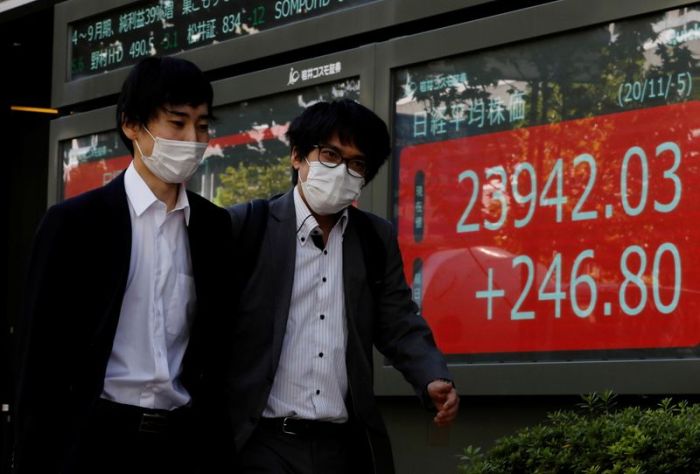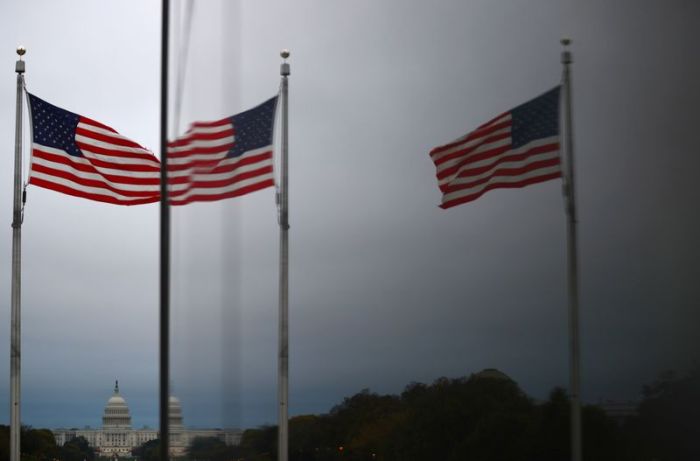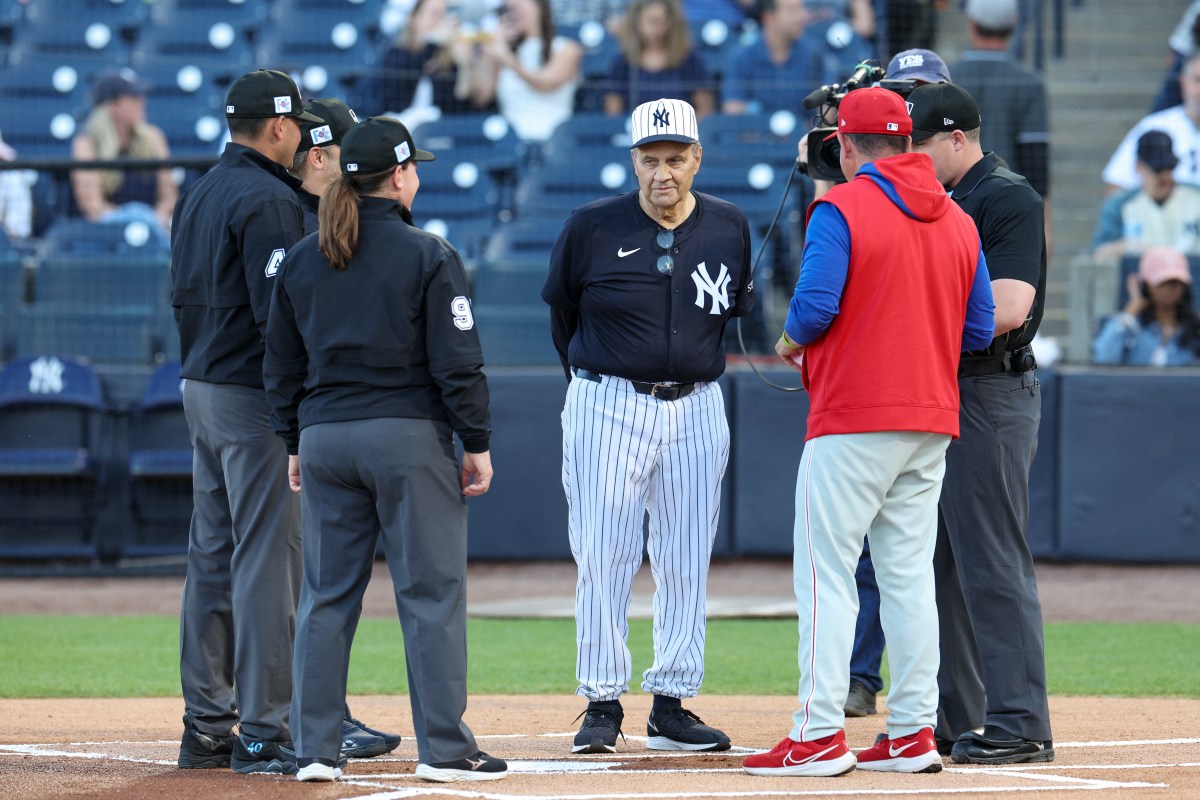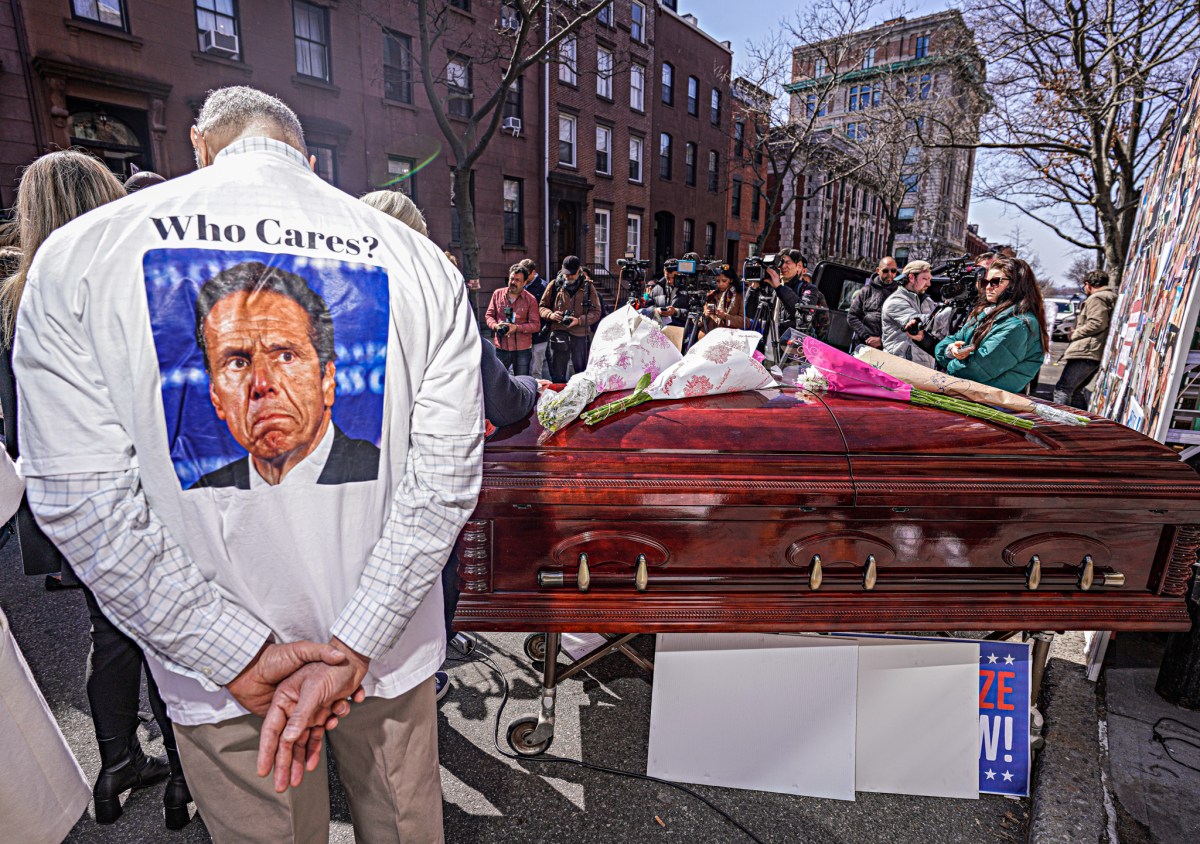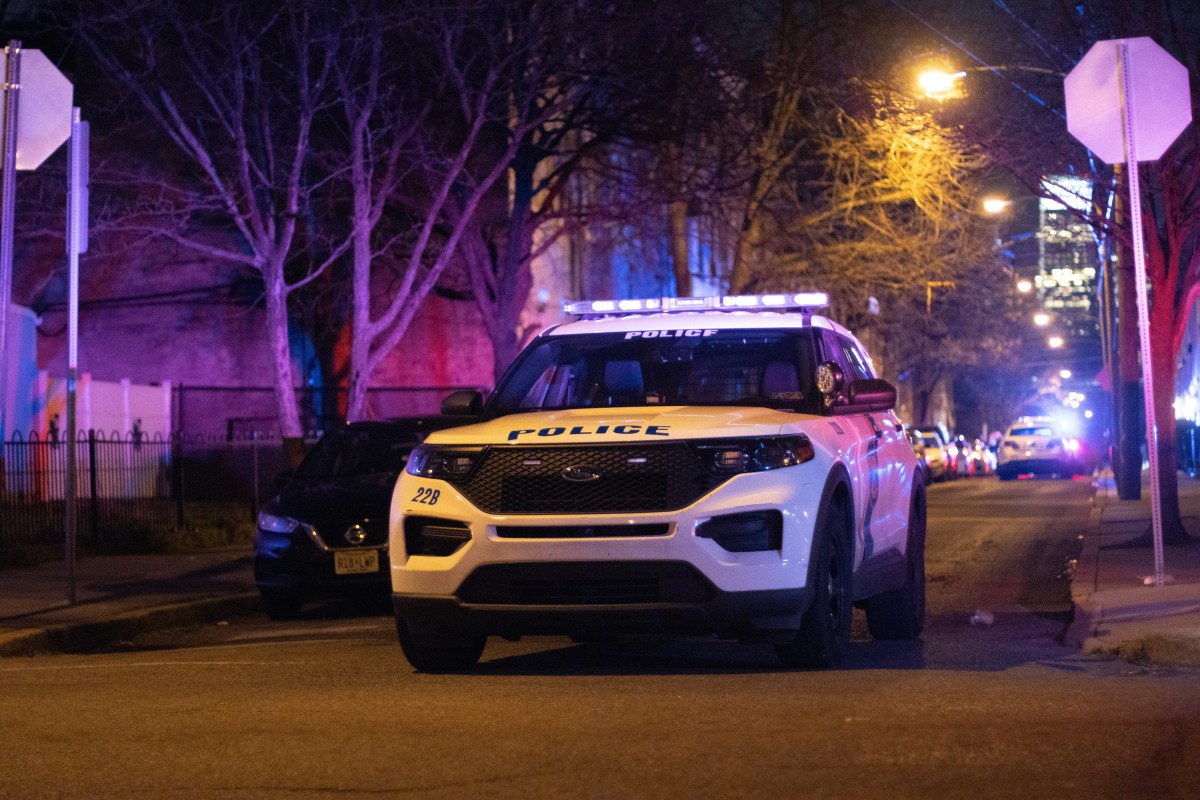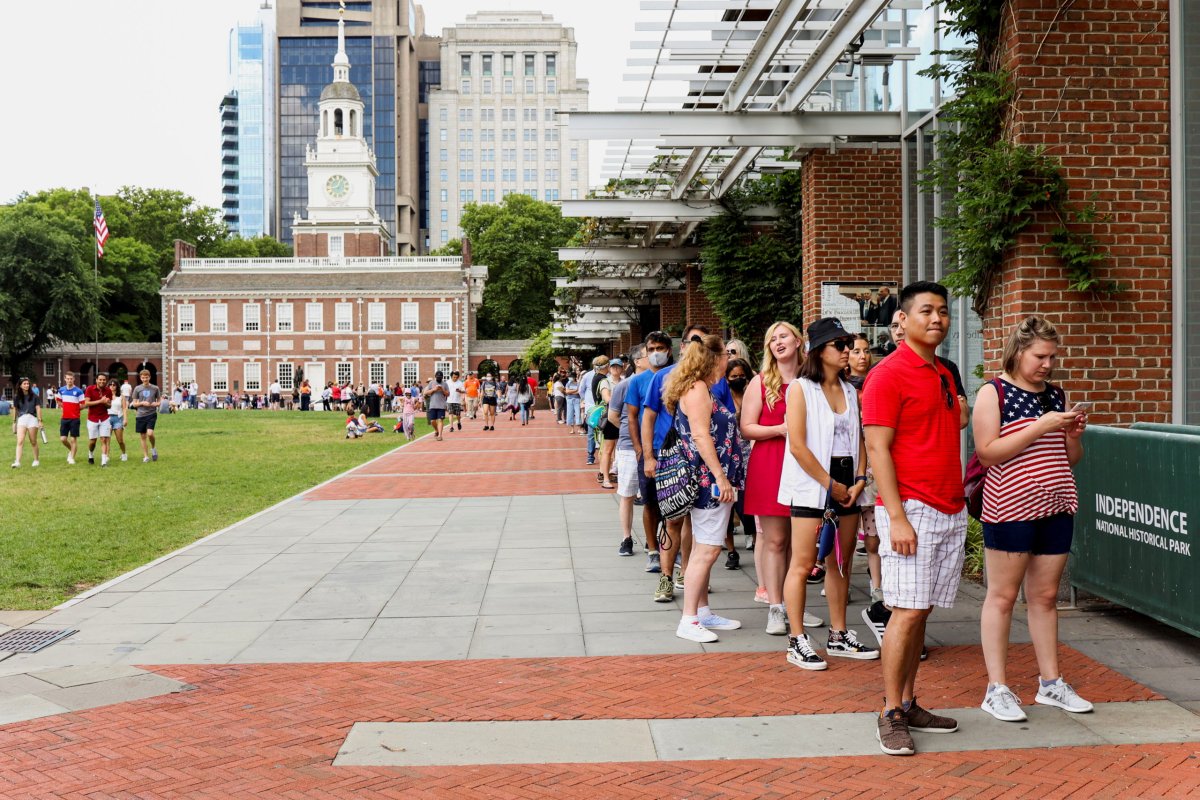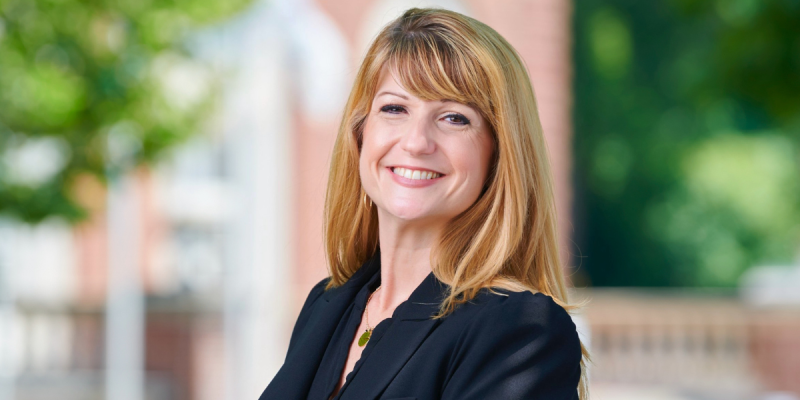MOSCOW (Reuters) – Russia’s coronavirus tests give false negative results up to 40% of the time, a health official said on Thursday as new infections rose and Moscow’s mayor warned of a worsening situation.
The Kremlin, which has said there are no plans for a lockdown despite the surge in COVID-19 cases in recent weeks, told reporters the overall situation was alarming but under control.
“Unfortunately we see setbacks in some regions. The president (Vladimir Putin) knows about this and emergency measures are being taken,” Kremlin spokesman Dmitry Peskov said.
“In general the situation is alarming,” he told reporters on a conference call.
Sergei Avdeev, the health ministry’s lead external consultant on pulmonology, said coronavirus tests often showed false negatives, not because of a problem with the tests, but because the swabs were not taken properly.
“How often: roughly 30-40%,” he was quoted by TASS news agency as saying.
The foreign ministry’s spokeswoman recommended that Russians postpone non-essential travel because of the pandemic.
Moscow Mayor Sergei Sobyanin extended a remote learning period for secondary schools, requiring pupils from Class 6 (age 12) upwards to continue online classes for two more weeks until Nov. 22. They began remote learning three weeks ago.
“The coronavirus situation in Moscow began to get worse again at the start of this week, as we can see from the number of patients and hospitalisations,” Sobyanin said on his website.
Russia reported 19,404 new infections in the previous 24 hours, including 5,255 in Moscow, and 292 virus-related deaths nationwide, pushing the official death toll to 29,509.
The Kremlin has said that targeted measures are enough because Russia is better prepared than it was at the beginning of the pandemic.
(Reporting by Gleb Stolyarov, Maria Kiselyova, Dmitry Antonov, Polina Ivanova; Writing by Tom Balmforth; Editing by Kevin Liffey, Alex Richardson and Timothy Heritage)

